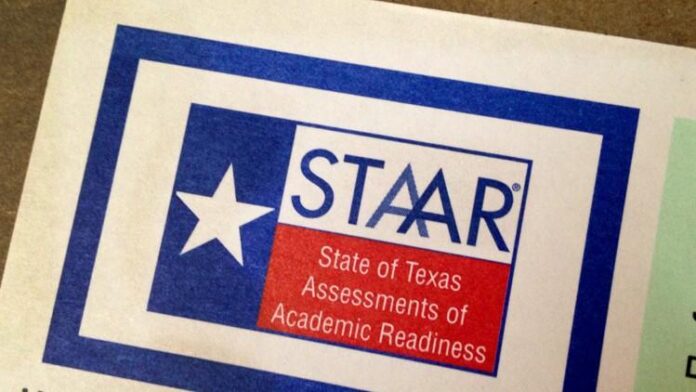The Texas Education Agency made the right call in deciding to give students the annual State of Texas Assessments of Academic Readiness exams, but without the high stakes that traditionally are attached to the state’s standardized tests for public schools.
The agency on Thursday issued a statement that the tests still would be given this year, to “provide critically important information about individual student learning that teachers and parents can use to help students grow.” The accountability functions of the assessments will not be used, however.
Both decisions are right on.
Most students are just beginning to see the inside of a classroom for the first time since March when, like other public buildings, they were closed down to help reduce the spread of the deadly COVID-19 pandemic.
To be sure, students, their families and educators have done an amazing job of finding ways to continue educating as many students as possible in this extraordinary year. Some parents home-schooled their children and school set up virtual classrooms using internet links to bring students and teachers together.
But many students lost many of the resources that traditionally help them progress, such as science labs, group exercises and individualized tutoring for those who need it. Some students were lost altogether, unable to participate in home-based learning.
It’s likely, therefore, that some students who had good Internet connections and participated in virtual-classroom instruction did just well at home as they would have in the classroom. However, some students, particularly in high-poverty areas like the Rio Grande Valley, lacked the internet access or hardware to participate in remote classes. Worse, many of those same families are first- or second-generation Americans, and parents’ lack of English fluency made home-schooling an insurmountable challenge.
Because of this, state lawmakers and educators alike asked that the STAAR be canceled this year, or at least for the ramifications of the test be waived.
However, those disparities are precisely why ways to evaluate student progress is needed now more than ever.
At the same time, those same disparities make it unreasonable to impose the high stakes that are attached to STAAR performance.
A good STAAR exam grade is needed to pass certain courses. In addition, teachers, schools and entire districts are evaluated by how well their students do as a whole. Jobs and funding can depend on those evaluations.
The inability to have direct contact with students, and the disparity of resources available to home-based students, affected teachers’ ability to affect their students’ performance, and making it unfair to judge the teachers and their schools on that performance.
The TEA decision is a good compromise. Testing helps determine what students have learned through remote classes, and set the bar for classroom instruction. Waiving accountability allows teachers to focus on a return to normalcy, and frees them from repercussions based on factors the teachers couldn’t control.
Surely we all hope that normalcy can return during the next school year.





